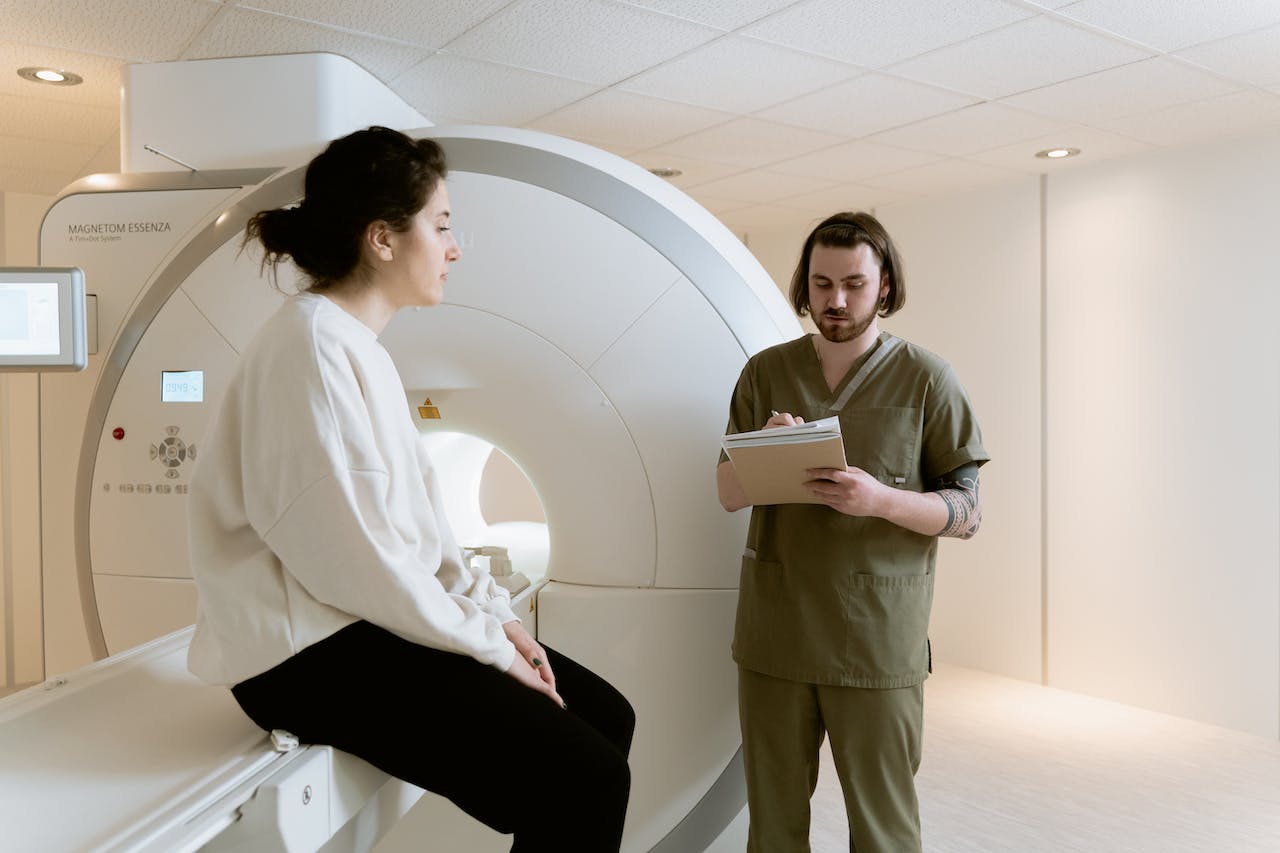Introduction
End-stage kidney disease (ESKD) is a critical health condition that demands a comprehensive understanding. In this article, we delve into the complexities of ESKD, exploring its causes, symptoms, and the available treatment options. As we navigate through this medical landscape, we aim to provide not only scientific insights but also practical information that can empower individuals facing this challenging journey.
Causes and Risk Factors
End-stage kidney disease often develops as a result of the gradual deterioration of kidney function over time. Diabetes and hypertension stand out as primary contributors to ESKD. Scientific studies have consistently shown a strong correlation between uncontrolled diabetes and the progression of kidney disease. Similarly, hypertension, if left untreated, can lead to damage to the blood vessels in the kidneys, impairing their ability to filter waste products effectively. Other contributing factors include genetic predisposition, autoimmune disorders, and certain infections.
The Silent Progression
One of the challenges in managing ESKD is its often asymptomatic progression until reaching advanced stages. Individuals may not be aware of the damage occurring within their kidneys until significant impairment has taken place. Regular health check-ups, especially for those with diabetes or hypertension, play a crucial role in early detection. Early intervention can slow down the progression of the disease and improve the chances of effective treatment.
Treatment Modalities
Once diagnosed with end-stage kidney disease, patients and healthcare providers face critical decisions regarding treatment options. Dialysis and kidney transplantation emerge as the primary modalities, each with its own set of considerations. Hemodialysis, involving the use of an artificial kidney machine, and peritoneal dialysis, utilizing the lining of the abdominal cavity, are common dialysis methods. Kidney transplantation, while offering the best long-term outcomes, comes with challenges such as organ availability and the need for lifelong immunosuppressive medications.
Living with End-Stage Kidney Disease
Lifestyle Modifications
Beyond medical interventions, individuals with ESKD can enhance their quality of life through lifestyle modifications. Dietary changes, such as restricting sodium and phosphorus intake, play a crucial role in managing the disease. Maintaining a healthy weight and engaging in regular physical activity contribute to overall well-being. Educating patients about these lifestyle adjustments empowers them to actively participate in their care, fostering a sense of control in the face of a challenging condition.
Emotional Impact
End-stage kidney disease not only affects the physical health of individuals but also takes a toll on their mental and emotional well-being. The journey through diagnosis, treatment, and lifestyle adjustments can be emotionally challenging. Support groups and counseling services prove invaluable in helping patients navigate the emotional complexities of ESKD. Scientific studies highlight the correlation between mental health and treatment adherence, emphasizing the importance of addressing both aspects for comprehensive care.
The Role of Caregivers
In the intricate web of managing ESKD, caregivers play a pivotal role. Whether family members, friends, or healthcare professionals, caregivers provide the necessary support system for individuals navigating the challenges of the disease. Understanding the physical and emotional needs of patients, caregivers contribute significantly to the overall well-being of those with ESKD. Scientific research underscores the importance of caregiver education and support in ensuring optimal patient outcomes.
Innovations in ESKD Management
Technological Advancements
The landscape of end-stage kidney disease management is evolving with technological advancements. Wearable devices and telehealth solutions offer new avenues for remote monitoring and timely intervention. These innovations not only enhance the convenience of care but also empower patients to actively engage in self-management. Scientific studies continue to explore the effectiveness of these technologies in improving outcomes and reducing the burden on healthcare systems.
Regenerative Medicine
As the field of regenerative medicine progresses, there is growing excitement about its potential applications in treating end-stage kidney disease. Stem cell therapies and tissue engineering hold promise for regenerating damaged kidney tissues, offering a potential alternative or complement to traditional treatments. While these approaches are still in the early stages of research, the prospect of harnessing the body's regenerative capabilities opens new possibilities for the future of ESKD management.
Conclusion
In conclusion, end-stage kidney disease is a multifaceted medical condition that requires a holistic approach to care. From understanding its causes and symptoms to exploring treatment modalities and embracing innovative solutions, individuals and healthcare providers alike must navigate a complex landscape. By combining scientific knowledge with practical insights, this article aims to serve as a comprehensive guide for those affected by ESKD, offering a beacon of understanding and empowerment in the face of this challenging health condition.
Are you tired of living under the shadow of kidney disease? Are you yearning for a life free from the shackles of dialysis, kidney failure, and the looming threat of kidney transplants? If so, you're in the right place at the right time. Imagine waking up every morning with boundless energy, feeling rejuvenated and ready to take on the day. Envision a life where your kidneys are functioning optimally, and you no longer dread the burdensome routines of dialysis sessions. The Kidney Disease Solution Program is here to turn that vision into reality for you.


